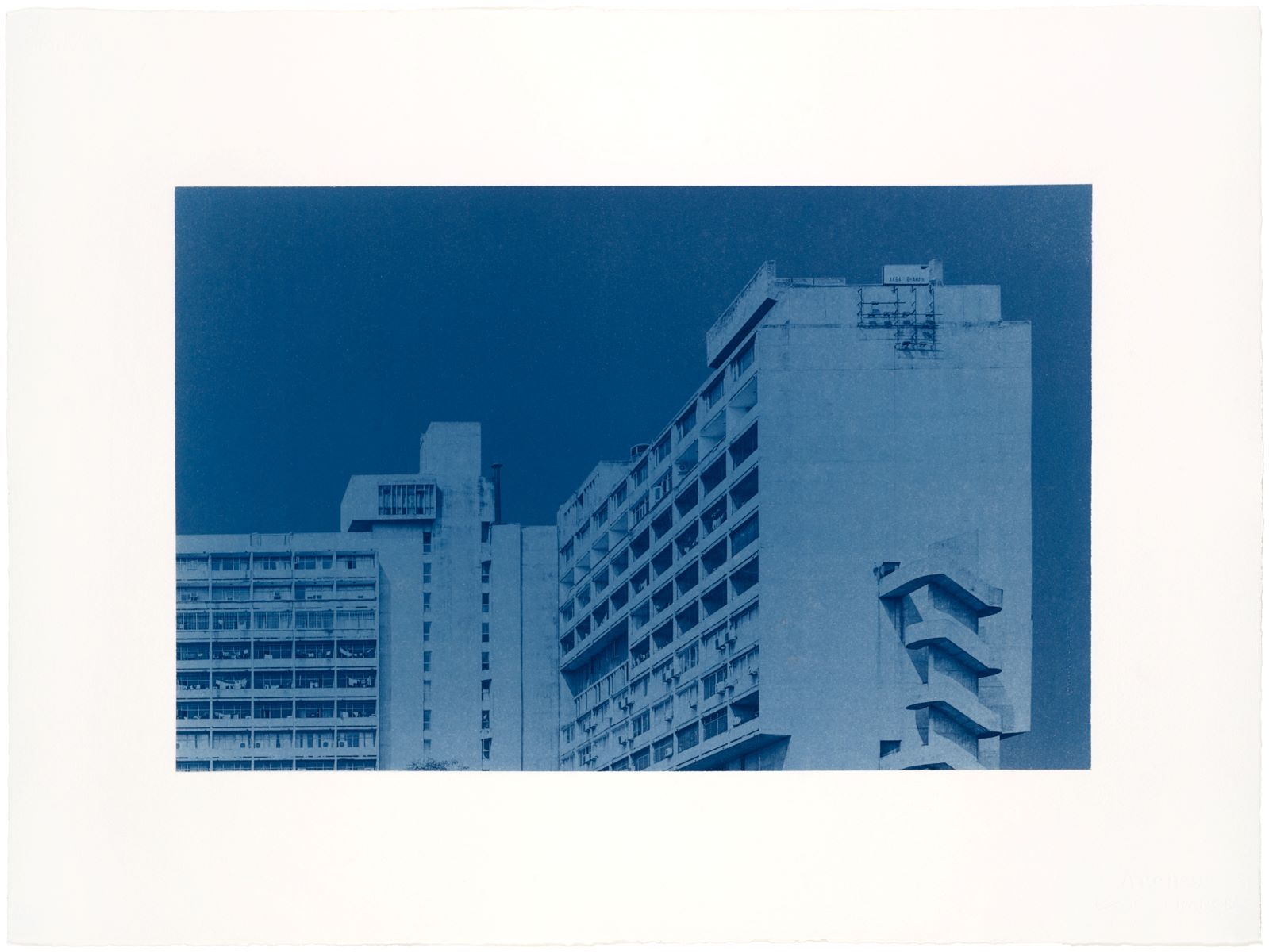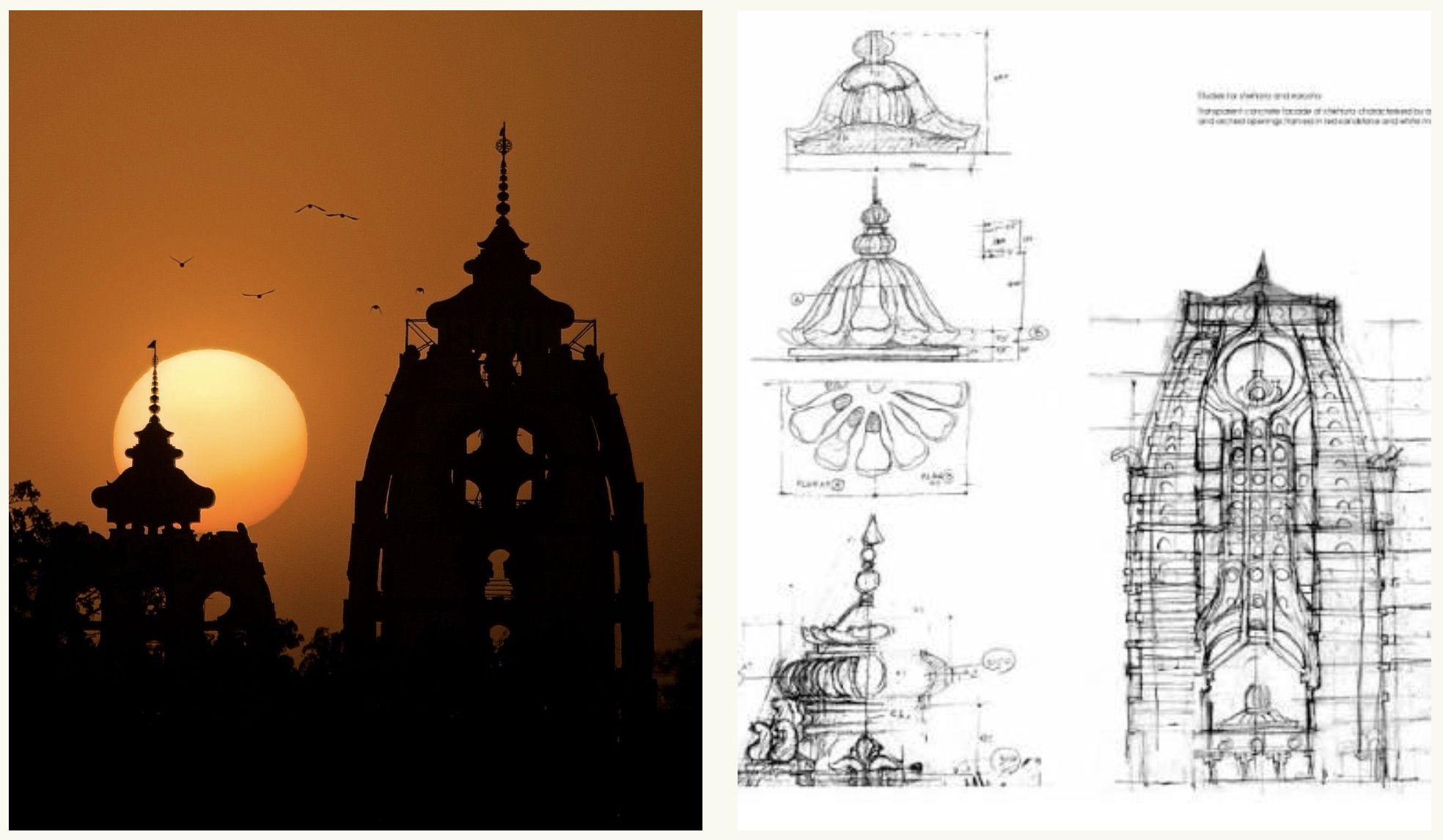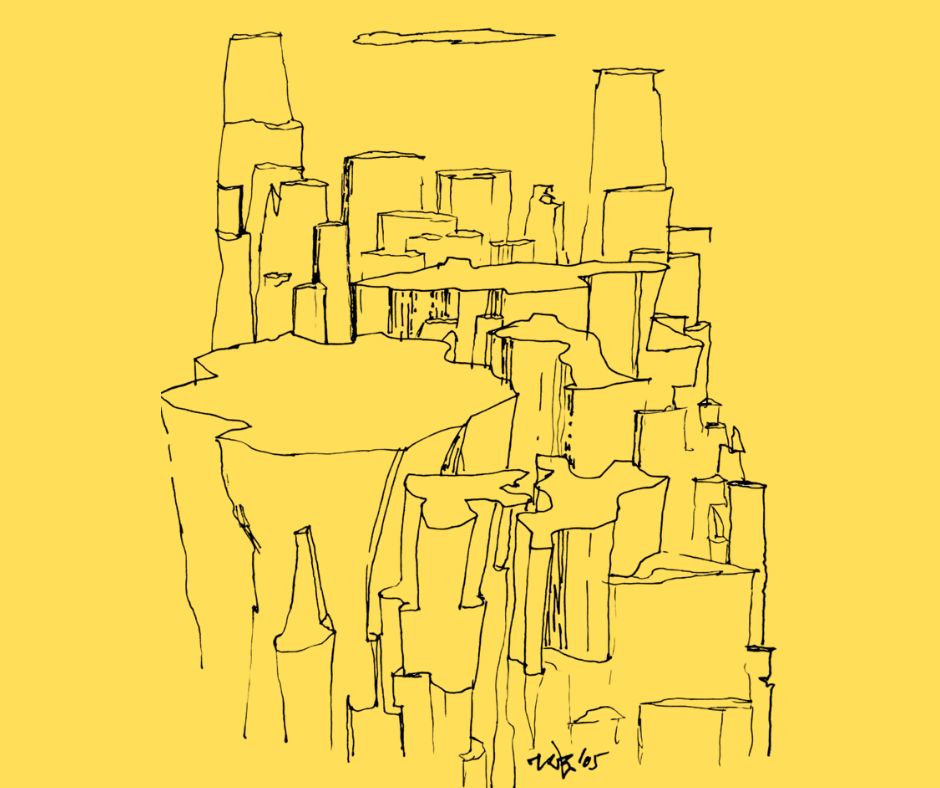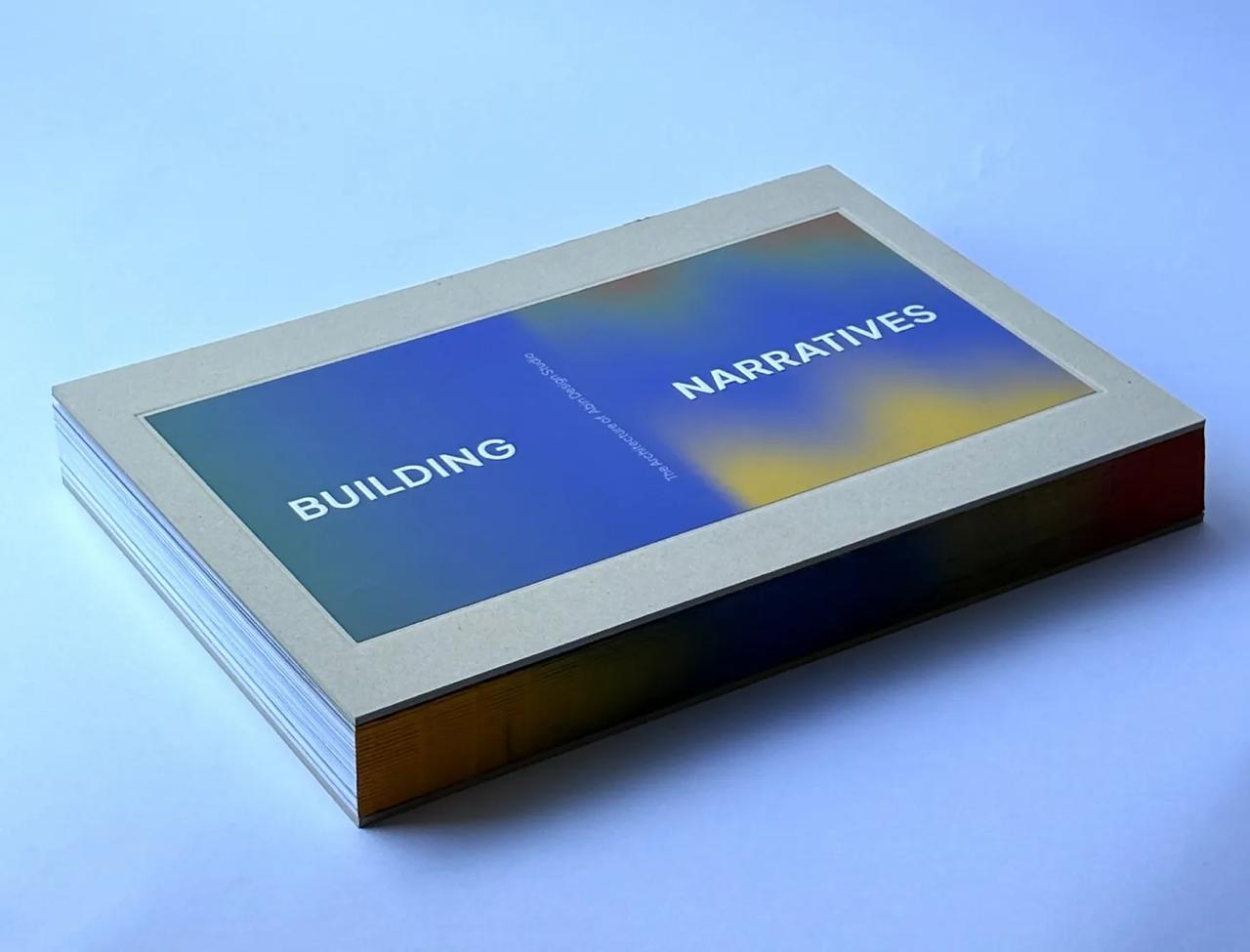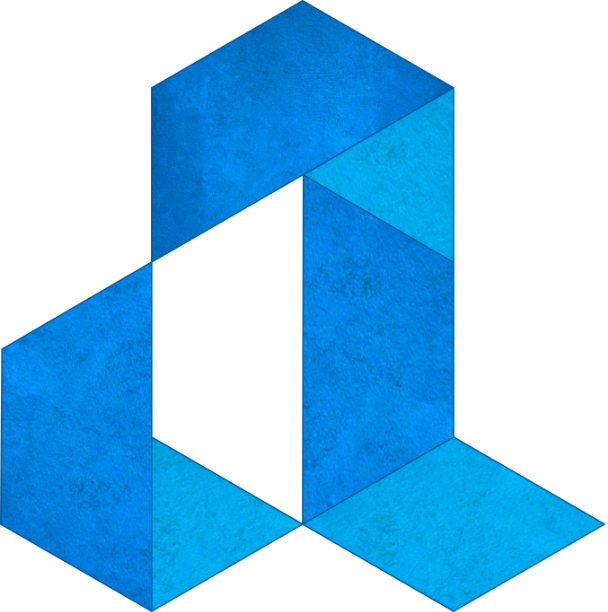
SDI invites post-graduate and undergraduate students from Indian institutions to join forces to combat climate change. This is an opportunity for student teams to develop innovative and climate-resilient building solutions, contributing to solving real projects and real problems, and by partnering with industry leaders and professionals. SDI helps students stay a step ahead and introduce innovative, affordable, and market-ready solutions that enable a clean energy transition. This is the resilient and carbon-neutral way forward for sustainable buildings and communities in India. SDI is conducted by the Indian Institute for Human Settlements (IIHS) and the Alliance for an Energy Efficient Economy (AEEE) under the aegis of the Indo-US Science and Technology Forum (IUSSTF).
The Challenge
Teams can choose to compete in any one of the Divisions in the 2024-25 challenge. The 2024-25 Challenge includes 5 Building Divisions and 1 Product Division. The Building Divisions are challenges to design an entire building for a building owner or a developer who acts as a Project Partner. The Product Division is a challenge to design, develop, and test a working prototype as a product solution, with a product, material, or equipment manufacturer acting as an Industry Partner.

Schedule
Stage 1 of the competition formally begins on 01 September 2024. However, teams that register earlier are welcome to start working before that. Similarly, Stage 2 of the competition formally begins in January 2025. However, teams are encouraged to start working on Stage 2 in December, soon after submitting Deliverable 2.
The last date to register for the 2024-25 Challenge is 31 August 2024.
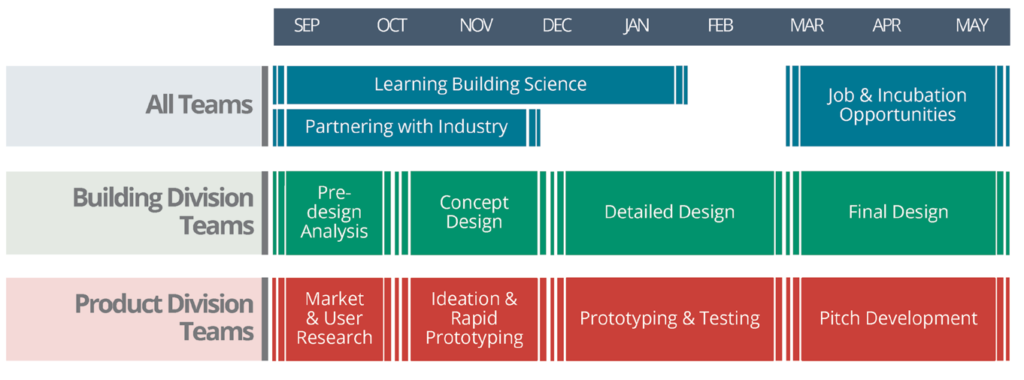
Registration and Fees
Team Leads will register their teams on the portal which can be accessed through the SDI website. The registration fee for the 2024-25 Challenge is INR 7,500 (inclusive all taxes) per team, which is non- refundable.
Benefits
a) Alumni: Students from teams who submit Deliverable 3 become Alumni of Solar Decathlon India. The SDI Alumni Group on LinkedIn frequently lists job openings and other opportunities.
b) Career development: As part of SDI, students gain real-world industry experience while working alongside project partners and implementing their ideas on live projects. The benefits of this are far-reaching and include developing industry connections, gaining exposure to multiple technologies, and coaching by mentors.
c) Career fair: SDI conducts a career fair at the Finals event, which gives students from finalist teams/ access to organisations leading the work on climate action.
d) Trophies, cash prizes: The winning teams in each competition division (i.e., Divisional Winners and Runner-up) receive cash prizes, trophies, and recognition. Only winners of Grand Jury, Best Movie, and People’s Choice for Movie receive cash prize, trophies and recognition.
e) Certificates: Team members who complete the Self Learning Modules receive a completion certificate. Students from teams who submit Deliverable 3 will receive participation certificate.


